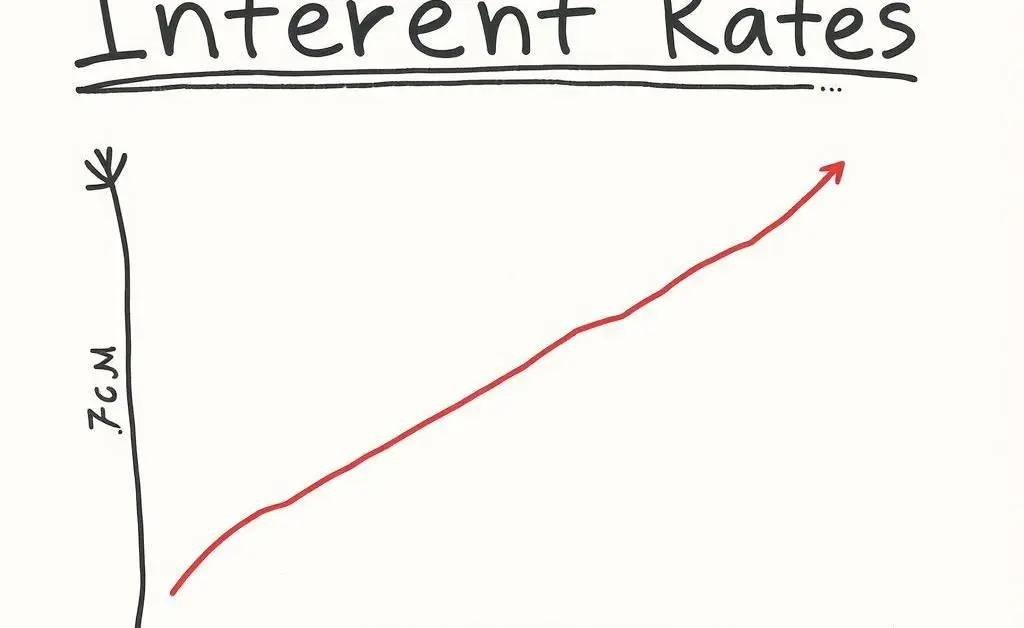Understanding Interest Rates: Why They Matter More Than You Think
Discover the impact of interest rates on your daily finances and future goals.

Have you ever wondered why everyone keeps talking about interest rates? They might seem like a complex financial concept reserved for economists and bankers, but the truth is, interest rates have a profound effect on our everyday lives. In this post, we'll explore the significance of interest rates, how they influence our personal finances, and why keeping an eye on them is essential for future planning.
What Are Interest Rates?
At its core, an interest rate is the cost of borrowing money or the reward for saving it. When you hear about 'rising rates,' it means borrowing money becomes more expensive, whereas, for savers, it's an opportunity to earn more on savings accounts or investments. This push and pull between spending and saving can shape the economic landscape in numerous ways.
How Interest Rates Affect Your Daily Finances
One of the most immediate effects of changing interest rates is on borrowing costs. For example, if you're looking to buy a house or a car, higher interest rates will mean higher monthly payments. Conversely, low interest rates might encourage you to take out loans due to the lower cost of borrowing. It's a double-edged sword that can either empower or constrain our spending choices.
Let's look at some key personal finance areas impacted by interest rates:
- Mortgages: Small changes in interest can mean thousands over the life of your home loan.
- Car Loans: Affects how much you'll pay in interest over the life of the loan.
- Credit Cards: High rates can quickly accrue debt, impacting financial decisions.

The Broader Economic Impact
Beyond personal finance, interest rates steer the economy by influencing inflation and employment levels. Central banks, like the Federal Reserve in the U.S., manipulate rates to either stimulate growth or cool down an overheated economy. Here’s how this typically works:
When rates are low, it's cheaper to borrow money, which encourages businesses to invest and expand, potentially leading to job creation and economic growth. But if the economy grows too fast, low rates can lead to inflation. In contrast, higher rates can slow down borrowing and spending, helping to curb inflation.

Planning for Your Financial Future
Understanding interest rates can help you make more informed financial decisions, whether it's saving for retirement, buying a home, or managing debt. Here are a few tips on how to manage your finances in the face of fluctuating rates:
- Stay Informed: Regularly check interest rate trends to anticipate changes in loan or savings account conditions.
- Diversify Investments: Mitigate risks by spreading investments across various asset types, considering both fixed-income and equities.
- Guard Against Debt: Be mindful of accumulating debt during periods of high interest rates to avoid unmanageable repayments.

Conclusion: Why It Matters
Interest rates might sound like financial jargon, but their impact reaches far beyond the paper they're printed on, affecting everything from the job market to the price of your morning coffee. Staying informed and strategically adjusting your financial habits in response to rate changes can go a long way in securing your financial future. So, what's your take on interest rates, and how do they influence your financial game plan?




